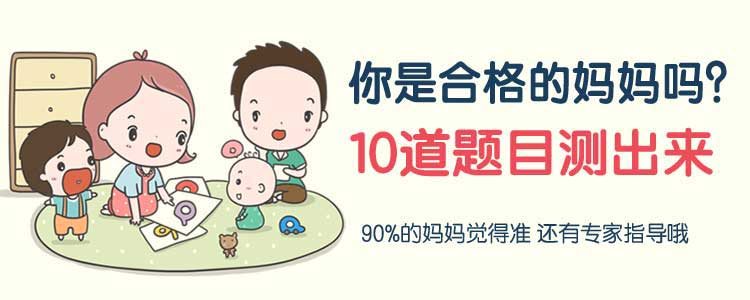妇女节手抄报:国际妇女节
 佚名出处:其他
2014-03-03 17:15
佚名出处:其他
2014-03-03 17:15
International Women's Day (IWD), originally called International Working Women’s Day is marked on the 8th of March every year. It is a major day of global celebration of women. In different regions the focus of the celebrations ranges from general celebration of respect, appreciation and love towards women to a celebration for women's economic, political and social achievements.
国际妇女节,中国内地称“三八”国际劳动妇女节或国际劳动妇女节。是在每年的3月8日为庆祝妇女在经济、政治和社会等领域做出的重要贡献和取得的巨大成就而设立的节日。同时,也是为了纪念在1911年美国纽约三角工厂火灾中丧生的140多名女工。
The following is a Message by Michelle Bachelet, EXecutive Director, UN Women:
A hundred years ago today, women across the world took an historic step on the long road to equality. The first ever International Women's Day was called to draw attention to the unacceptable and often dangerous working conditions that so many women faced worldwide. Although the occasion was celebrated in only a handful of countries, it brought over one million women out onto the streets, demanding not just better conditions at work but aLSo the right to vote, to hold office and to be equal partners with men.
I suspect those courageous pioneers would look at our world today with a mixture of pride and disappointment. There has been remarkable progress as the last century has seen an unprecedented expansion of women's legal rights and entiTLements. Indeed, the advancement of women's rights can lay claim to be one of the most profound social revolutions the world has seen.
One hundred years ago, only two countries allowed women to vote. Today, that right is virtually universal and women have now been elected to lead Governments in every continent. Women, too, hold leading positions in professions from which they were once banned. Far more recently than a century ago, the police, courts and neighbors still saw violence in the home as a purely private matter. Today two-thirds of countries have specific laws that penalize domestic violence and the United Nations Security Council now recognizes sexual violence as a deliberate tactic of war.
But despite this progress over the last century, the hopes of equality expressed on that first International Women's Day are a long way from being realized. Almost two out of three illiterate adults are women. Girls are still less likely to be in SChool than boys. Every 90 seconds of every day, a woman dies in pregnancy or due to childbirth-related complications despite us having the knowledge and resources to make birth safe.
Across the world, women continue to earn less than men for the same work. In many countries, too, they have unequal access to land and inheritance rights. And despite high-profile advances, women still make up only 19 per cent of legiSLatures, 8% of peace negotiators, and only 28 women are heads of state or government.
It is not just women who pay the price for this discrimination. We all suffer for failing to make the most of half the world's talent. We undermine the quality of our democracy, the strenGTh of our economies, the health of our societies and the sustainability of peace. This year's focus of International Women's Day on women's equally access to education, training, science and technology underscores the need to tap this potential.
The agenda to secure gender equality and women's rights is a global agenda, a challenge for every country, rich and poor, north and south. It was in recognition of both its universality and the rewards if we get this right that the United Nations brought together four existing organizations to create UN Women. The goal of this new body, which I have the great privilege to lead, is to galvanize the entire UN system so we can deliver on the promise of the UN Charter of equal rights of men and women. It is something I have fought for my whole life.
As a young mother and a pediatrician, I experienced the struggles of balancing family and career and saw how the absence of child care prevented women from paid employment. The opportunity to help remove these barriers was one of the reasons I went into politics. It is why I supported policies that extended health and childcare services to families and prioritized public spending for social protection.
-
温馨提示
前往快乐妈咪APP阅读全文,体验更佳
- 取消 确定
绑定手机
绑定手机号用来登录和找回密码:
请输入正确的手机号码
请输入验证码
密码须为8-16个字符的字母数字组合
两次输入的密码不一致
绑定成功
现在您可以畅游太平洋网络旗下的所有网站
3s后窗口自动消失...

